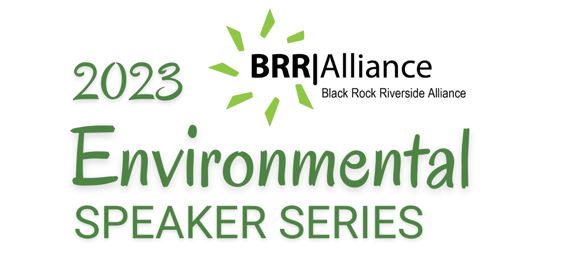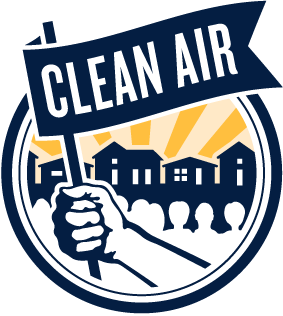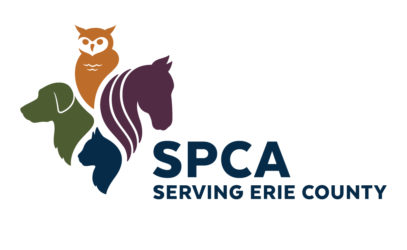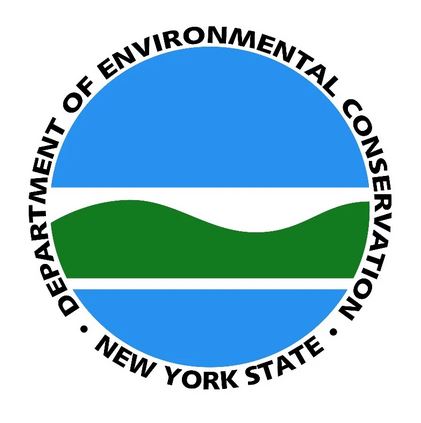
We will be hosting our 2023 Environmental Speaker Series beginning on October 7th, 2023 and running for four consecutive Saturdays throughout October. This
series will involve speakers from different organizations discussing environmental topics relevant to the City of Buffalo including air quality initiatives, wildlife rehabilitation, urban composting, and bird habitats along the Niagara River.
The goal of these four distinct topics will be both to educate on issues of immediate relevance to our area as well as encourage further involvement in city environmental issues and initiatives.
The four installments of the Speaker Series will be held on October 7th, 14th, 21st, and 28th. All four speaking engagements will take place from 10:00 AM – 11:00 AM at the Black Rock Harbor Center, 52 Amherst St., Buffalo NY 14207 and all are open to the public and free to attend.
Here are this year’s presenters, the organizations they represent, and their topics of discussion:
Bridge Rausch – Environmental Justice Organizer, Clean Air Coalition of WNY
About the Clean Air Coalition of WNY
Discussion Topic: Breathing Free – Clean Air Coalition’s Community Air Monitoring Initiative
Anne K.C. McCooey – Executive Director, Black Rock Riverside Alliance
About the Black Rock Riverside Alliance
Discussion Topic: The Air You Breathe: In Your Yard and Your Home!
Barbara Haney – Director of Wildlife, SPCA Serving Erie County
Barbara Haney has worked at the SPCA Serving Erie County as the Director of the Wildlife Department for a decade. She also serves as the National Wildlife Rehabilitators Association’s Symposium Program Coordinator. She has a Masters Degree in Education and a Bachelor of Science in Environmental Science. She has had a varied career in education teaching in various settings and via many different modalities. She was a wildland firefighter in Southern California and Peace Corps Volunteer in Guatemala working in Environmental Management; she was the first volunteer in her village on Lake Atitlan, sadly, arriving just a few years after the last known sighting of the now-extinct Atitlan grebe. She has a passion for wildlife and helping people understand the inextricable links between human and wildlife well-being.
About the SPCA Serving Erie County:
At the SPCA Serving Erie County, our mission is to create a more humane community through: education, rescuing, protecting and enhancing the lives of animals, and nurturing the bond between animals and people. We envision a community where animals are treated with compassion and respect.
Discussion Topic: Wildlife Rehabilitation in an Urban Setting
Ignacio Villa – Farmer Pirates Compost
Ignacio has been a lifelong practitioner of organic agriculture. He was born and raised in Colombia. He holds an undergraduate degree in Crop Science from the University of Guelph in Ontario, Canada, and a Master’s degree in Resource Development from Michigan State University. He has worked in agricultural development with small farmers in Colombia; therapeutic farms in Michigan and Ohio; a farm-based middle school in Ohio; waste water management; milking cows and raising pigs in Vermont. He moved to Buffalo in 2016 to be closer to family and joined Farmer Pirates Compost where he has helped this small worker owned cooperative grow to successfully collect and compost up to 40 tons of food scraps per week. Farmer Pirates Compost has just entered into a contract with the city of Buffalo to launch a pilot project to collect food scraps from up to 2,000 homes in the city.
About Farmer Pirates Compost:
Farmer Pirates Compost diverts food scraps from the landfill to make compost that enhances the urban soils, benefitting urban agriculture and the community as a whole.
Discussion Topic: Food Scraps, Compost, Soil Health and Climate Resilience
A healthy soil is a sponge that holds air, water, nutrients, and a myriad of biological entities. A healthy soil provides an optimal environment for plant growth and makes nutritionally dense food. In addition, it regulates moisture by holding it as a sponge does, preventing cycles of flash flooding and drought. A healthy soil is a living organism that needs care and nourishment. Nature has taught us how to care for this living organism that is so critical to our survival, and to the stability of the climate. The most important lesson of nature is that everything that dies must return to the soil. As composters, we are heeding this lesson and doing our part to help our urban neighbors apply this knowledge in as sensible a way as possible. We return food scraps to the soil. Composting is a safe and efficient way to do this. We accelerate the breakdown of food scraps by mixing the right amounts various components to arrive at a finished product that improves the soil. Finished compost is full of beneficial organisms and nutrients that support the life of the soil. A healthy soil, full of life, may become our biggest asset in mitigating climate change, because in addition to all the benefits described above, it also becomes a powerful carbon sink. Healthy soils can sequester large amounts of carbon dioxide, making them one of the most powerful tools to slow climate change.
Connie Adams – Wildlife Biologist – NYS Department of Environmental Conservation
About NYS DEC Bureau of Wildlife:
Discussion Topic: Terning the Tide: how construction of an island in the Niagara River helps the Uncommon Common Tern




